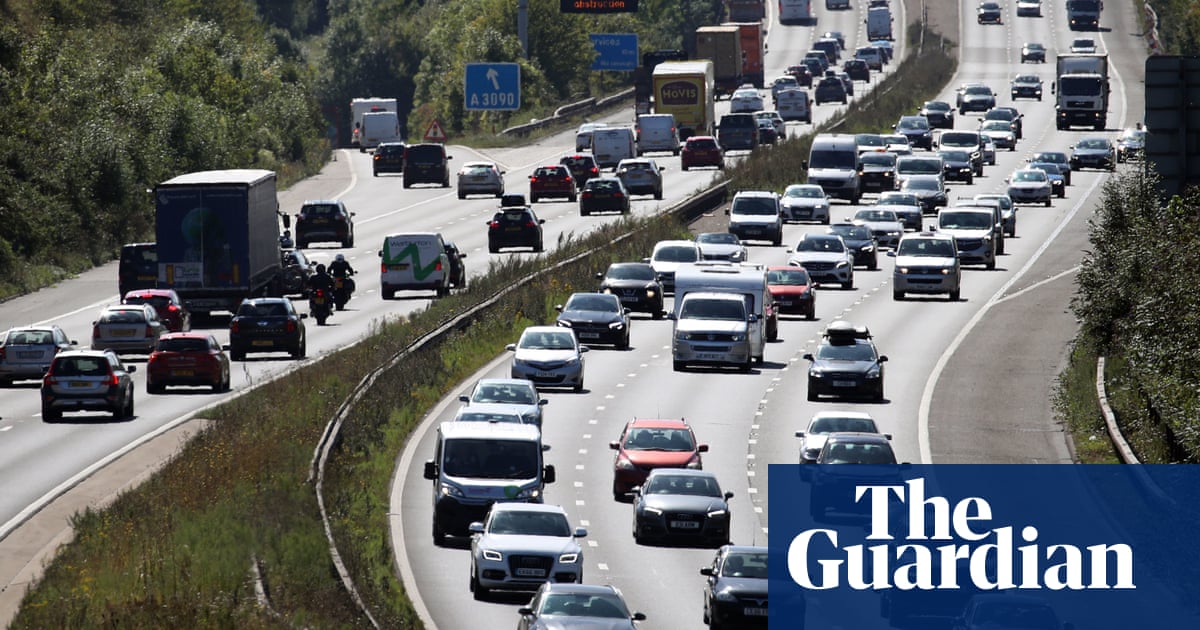
Compassion and solidarity took hold of the Syrians in the aftermath of the devastating earthquake. Overcoming the barriers of their divergent political positions and religious and sectarian affiliations, the Syrian people did not merely speak of their fraternity and send messages of support online.
They went further, forming civic committees to collect financial and in-kind donations for those who had been affected and in need of shelter… Some like to see this as an “internal” attempt to save face after unprecedented “external” support for the victims poured in, while others see it as a reflection of the “kind heartedness” of Syrian society. However, this was all before the interests of the oppressive and corrupt cliques running the country blemished this image, failing to prioritize humanitarian concerns over politics as those in charge usually do after national calamities.
The length of the conflict and the fact that it veered from being a political battle for human rights to becoming an ultraviolent religious, sectarian and ethnic war waged by fanatics, have created broad social rifts that left communities divided on the basis of their political alignments and geographic location. Most consequentially, the people of Syria are ruled by an array of different powers with competing political and military projects. This has created a kind of connection between the residents of different areas and the powers that have imposed their rule on them, forcing them to comply with the dictates and priorities of these powers and to accept their living conditions.
This turned what used to be a single homeland into a group of disparate blocks of people with conflicting objectives, concerns, fears, problems, and ways of life. One bloc is living in areas controlled by the regime; another resides in the areas where Türkiye has established a presence; a third is in the city of Idlib and is ruled by extremist Islamist groups; and a fourth lives under the control of Kurdish forces. One could add another bloc found in the governorates of Suwayda and Daraa, and another that includes the millions of Syrians who have become refugees in different countries. This displacement and the schisms that arose during the conflict have been exacerbated by the diversity and multiplicity of foreign powers intervening in the Syrian conflict, as well as the failure of the international community to end the violence and impose a political solution that opens the door to a solution.
On the other hand, despite the nation’s fragmentation, commonalities among Syrians of divergent alignments and loyalties have, in fact, crystallized. Regardless of talk about attempts at “face-saving” or the “kind heartedness” of Syrians, there are material reasons that explain the emergence of the broad sense of solidarity that we have seen since the earthquake.
Firstly, all the people of Syria are suffering similar plights. The suffocating economic crisis has wreaked havoc across every region in the country, regardless of who is in control. The most prominent ramifications of this crisis are the deterioration of services and skyrocketing prices, which have left the majority of Syrians living in extreme destitution.
These conditions have created a broad sense among the majority of Syrians that all the authorities reigning over them have failed in developing their regions and managing their economies, as well as failing to provide basic services and needs. Worst of all is the greed, corruption, extortion, and squandering of national wealth that we have seen across the country at this time.
It is not unusual to see years of war take an economic toll, and it has hit all Syrians. Indeed, their suffering has been exacerbated on several levels, and plummeting living standards forced them to prioritize finding ways to alleviate their pain and give themselves a chance to survive. This is true whether they were displaced and made homeless or stayed in their homes and tried to adapt to the cycle of extreme violence and extortion.
Secondly, the Syrian people have all been subjected to similar forms of repression. Despite differences in the intensity and breadth of repression between this and that authority, they have all left ordinary citizens, wherever they may be, aware that these dominant powers are all prepared to kill and destroy for the sake of perpetuating their domination and maintaining privileges.
None of them have hesitated to call on additional tools of repression from foreign military forces, who do not care about the fate of the country nor bat an eye when they see anyone opposed to their plans and interests clamped down on. That is, all the sectarian elites and their allies have imposed similar conditions on the residents of their regions. They have taken people’s property and wealth, shamelessly taken their lives, and robbed them of their most basic political, social and legal rights - be it freedom of opinion and expression, the right to education and healthcare, or the right to an impartial and independent judiciary.
As a result, all Syrians have become aware that the authorities imposing de facto control share a disregard for universal rights and national objectives, sovereignty, and wealth. They are all ready to call on the support of foreign forces, international and regional, without a second thought if it helps them survive, even if this means submitting to the dictates of those powers and turning the country into an arena of conflict where deals are made. Their behavior has stripped all of these ruling authorities of the right to call themselves national. It attests to the fact that they only care about safeguarding their own interests and privileges, come what may, even if it means crises and tragedies for present and future generations.
True, Syrians have become more divided and splintered because of this war’s repercussions and the trenches imposed on them. This has given rise to apprehensions about the prospects of these divisions becoming permanent, making the foreign forces occupying the country even more covetous of its resources.
Despite all of the ugliness and fragmentation that we have seen, however, the solidarity engendered among the various components of the Syrian nation in the aftermath of the earthquake has been incredible. It has, let us say, sparked hope for the revival of national convergence and increased unity. It has created hope that their shared suffering and pain might encourage the Syrian people to prioritize solidarity and compassion over division and discrimination.
Indeed, have the vast majority of Syrians not undergone similar crises and hardships? Does their shared suffering not demand finding a real way of this misery for all? After the immense sacrifices they had made, have they failed to come together and make a comprehensive national decision to avoid perpetuating genocide, authoritarianism, and tyranny? Has it not become evident that they must refuse to be fodder used in global battles that have nothing to do with them? Is there not a broad need felt by the majority of Syrians to rid their society of these tyrants’ “evil” and hold all perpetrators accountable, wherever they are?












